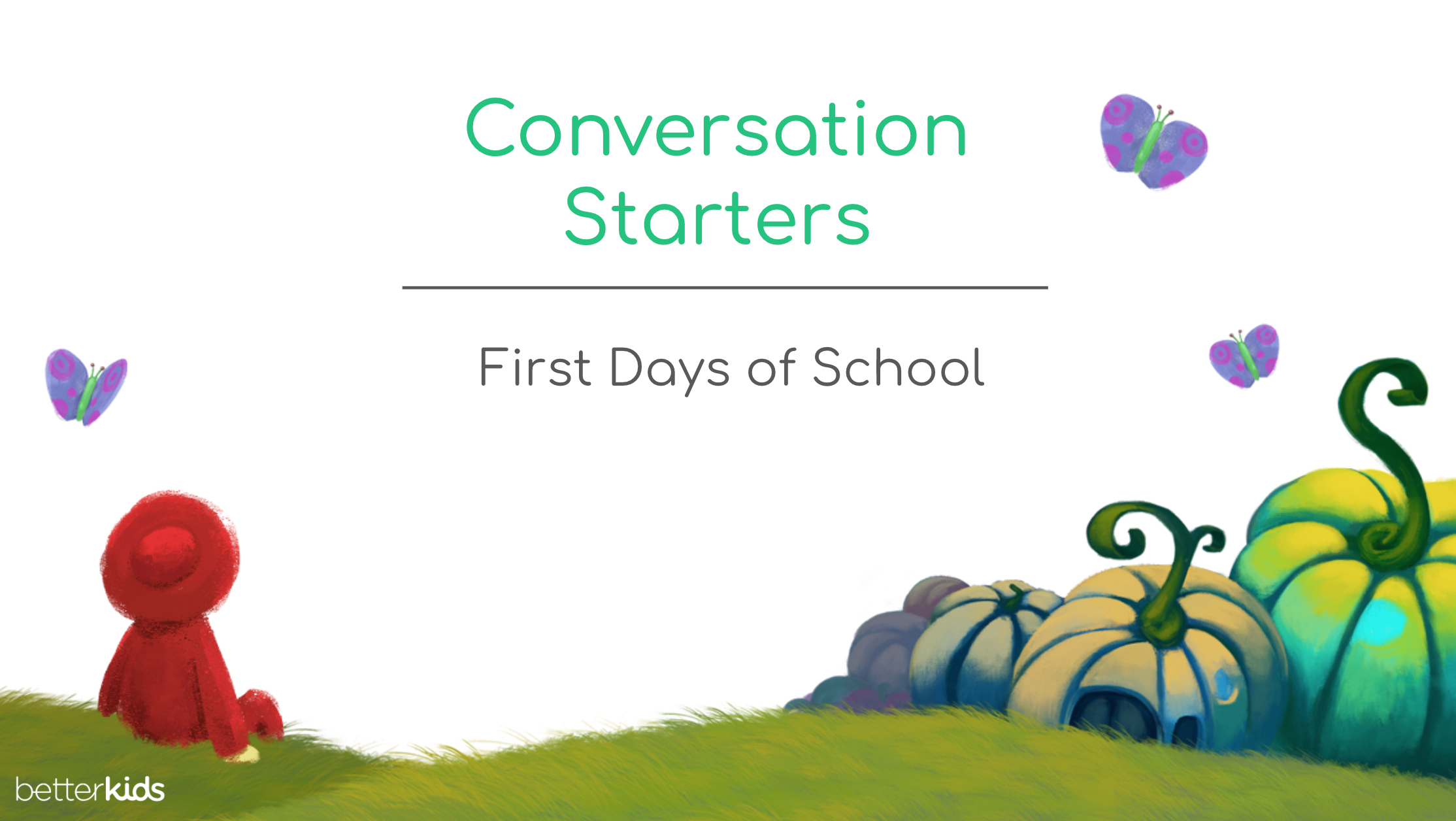With the first days of school come natural anxieties and worries (both for students and educators!) about being in a new environment, adapting to a new grade, discovering new teachers, and making new friends. As educators, we can help our students feel part of a community where they feel respected, accepted, and valued, which will help establish trust and alleviate their anxieties and loneliness.
As you might remember from Maslow’s hierarchy of needs, love and belonging is the extent to which people feel seen, heard, valued, and appreciated. It is a human need that impacts our mental and physical wellness. Students need to feel they belong for learning to occur. As educators, feeling we belong to our school community plays an important role in helping us to overcome the daily challenges that come with being in the classroom.
You can start the school year by creating a strong foundation with these simple and engaging activities.
Start each day with a morning meeting
Morning meetings are an engaging way to start each day by establishing trust and emotional safety with routines and rituals. After greeting one another by name, sharing time is a great opportunity to learn about your students and help them learn about each other, while practicing their listening skills.
You can use the Conversation Starters in the Morning Meetings section of our app, Wisdom: The World of Emotions (iOS, Android, Web), to learn about your students’ passions, motivation, and the special people in their lives. As a teacher, you can also share about yourself to help your students get to know you better. As you nurture these relationships, you will see that you too will feel an increased sense of belonging.
Once your students have learned more about one another, you can continue to foster important conversations in your morning meetings with activities such as I wish my teacher knew, Celebrations Questions Concerns, The Best Part of Me, and more ready-to-use interactive resources from the Morning Meetings section of our app.
Establish rules together
The first days of school are all about establishing routines, learning new rules, and meeting new expectations. Rules and norms help us feel safe and create a supportive environment to help us reach our goals. You can use the Classroom Rules activity in the Back to School > First Days of School section of our app to engage your students in co-writing and co-designing the daily rules that will help them build positive relationships and embody the shared values of their classroom community. Just like adults, kids are more likely to follow rules that they have been engaged in establishing as they will better understand their meaning and overarching goal.
Other First Days of School activities such as creating a Classbook of Positive Acts or establishing a Peace Protocol will help foster kindness and empathy throughout the school year.
Discuss what welcoming others looks like
As human beings, we tend to be scared of the unknown. Accepting differences doesn’t come naturally, hence it’s important when building community to highlight both what unites us and at the same time to be curious about differences and to see the beauty in them. You can use our Welcoming lesson from our free SEL read-aloud program to read books about welcoming others, reflect on how it feels to be a new person in a new place, and what we can do to help someone new feel welcomed.
Explore identity
While encouraging uniformity and adherence to rules are important concepts, we can remind students that their differences and unique identities are something to not hide. Differences in our identities are beautiful! By offering students opportunities to share about their unique identities through art activities, storytelling activities, and more they will learn not to make assumptions about each other, rather to listen and learn from each other. Try the All About Me activity and Being Yourself lesson to engage your students in discovering what makes them truly unique.
We can be creative in how we foster a sense of community in our students and invite them to share their ideas about what else would help them feel a strong sense of belonging. When we feel we belong, we meet others with joy and curiosity rather than fear, we resolve conflicts in a constructive way, and we feel more confident in achieving our hopes and dreams because we feel supported and inspired by others.






